The Flu is Nothing to Sneeze at: Especially During Pregnancy
Having the flu usually means several days of discomfort in the form of coughing, sneezing, stuffy or runny nose, and sore throat. Some people also experience fever, aches and pains, and even vomiting from the flu. But for pregnant women, having the flu can also mean risks to her health, some of them serious, and to the health of her fetus.

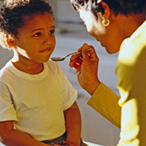
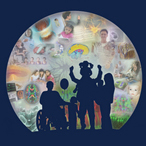

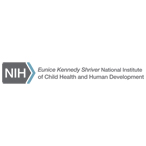
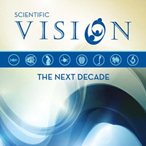
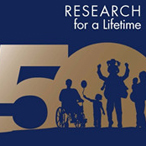
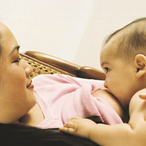



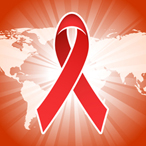


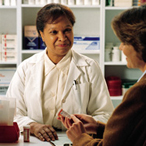
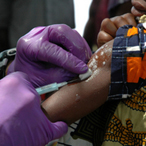
 BACK TO TOP
BACK TO TOP